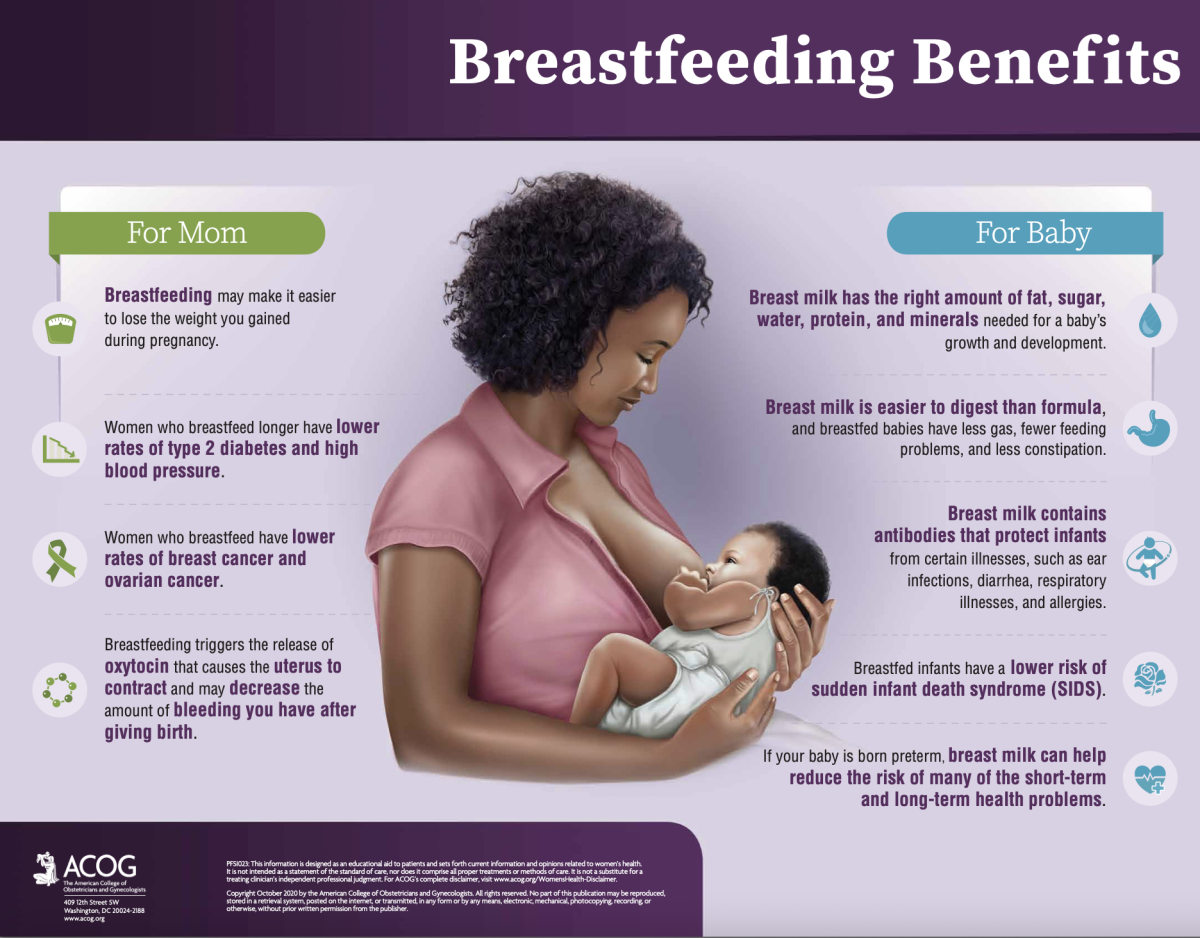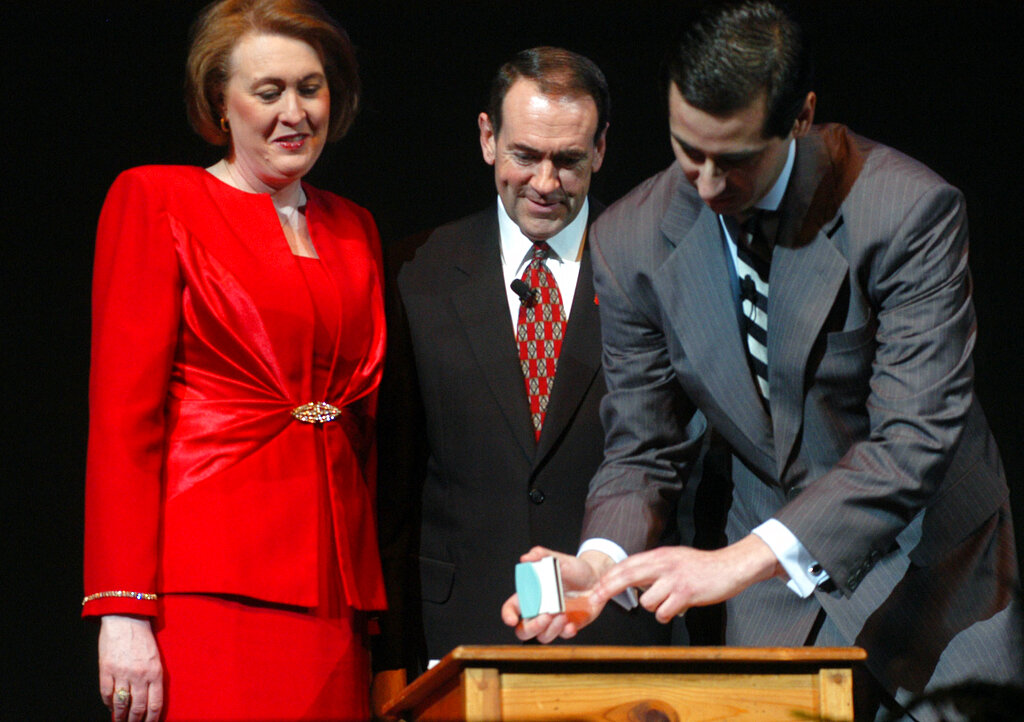Texas lawmakers are considering strengthening the regulations protecting an employee’s right to express breast milk in government workplaces. House Bill 777 would require public employers to provide adequate break times and private, non-bathroom spaces for lactating employees to express breast milk. The bill calls for a space separate from the bathroom, hidden from the public eye and exclusively accessible to breastfeeding mothers.
Background and purpose
Rep. Armando Wallee, D-Houston, is the bill’s sponsor. Too many breastfeeding mothers end up nursing in restrooms, which is not the “safest, sanitary” way to feed a child, Wallee told The Texas Tribune. “I don’t know about you guys, but I know I would not like my food prepared in the bathroom,” Wallee said. Samantha Cason said the room she used to express milk was inadequate. “I work as an accountant coordinator in the healthcare industry, and when I was breastfeeding my first daughter, I worked in a call center where I was only allowed one 15-minute break to pump,” Cason said. “It was difficult to maintain my milk supply under those conditions.” Now working remotely, Cason faces fewer challenges but still encounters issues when required to be in the office. “I have a five-month-old, and when I need to pump, I am given an empty room, but it is not a designated lactation space,” Cason said. “There were definitely times where I was nervous somebody was going to come in, even though the door had a lock on it. Because I didn’t feel like it was a private designated place to pump, it would make me worry and not be able to focus on pumping which would cause a decrease in my supply.” Hannah Vendal works as an account executive at Enhabit Home Health. She had her first baby in October 2024, and despite working in the private sector, Vendal said she faced challenges breastfeeding while working. “Having to pump, drive and make sure it’s cold is very stressful,” Vendal said. “My work has a fridge, but not a private room where I can pump.” 
Practicality and workplace adjustments
While some agencies already provide lactation rooms, others would need to modify their office spaces and build new spaces to comply. Cason believes the benefits outweigh the costs. “I believe it’s very important and greatly impacts a mother’s ability to breastfeed,” Cason said. “It’s crucial to have a designated space as it provides the necessary support to maintain milk supply and meet the nutritional needs of their baby. In my experience, having access to a safe and comfortable lactation space has been a game-changer for many mothers.” Vendal added that the workplace culture also plays a role in the necessity of this Bill passing. “When you work with men in the office, it can be embarrassing to pump! You have to pull both of your breasts out and sit for 20-plus minutes to pump. I definitely do not want men seeing that!” she said.
The Future of HB 777
HB 777 must pass committee hearings before reaching the House floor for a vote. If approved, it would amend Section 619.004 of the Government Code and take effect on September 1, 2025. For mothers like Cason and Vendal, the bill represents a step toward workplace equity. “I want legislators to understand that supporting breastfeeding mothers is about more than convenience—it’s about health, dignity, and fairness,” said Vendal. “Breastfeeding offers numerous health benefits for both mothers and infants such as reduced risk of infant illnesses, improved maternal health, and stronger mother-child bond,” Cason said. As debates continue, the bill’s future remains uncertain, but the discussion highlights the growing recognition of workplace policies supporting breastfeeding mothers.










